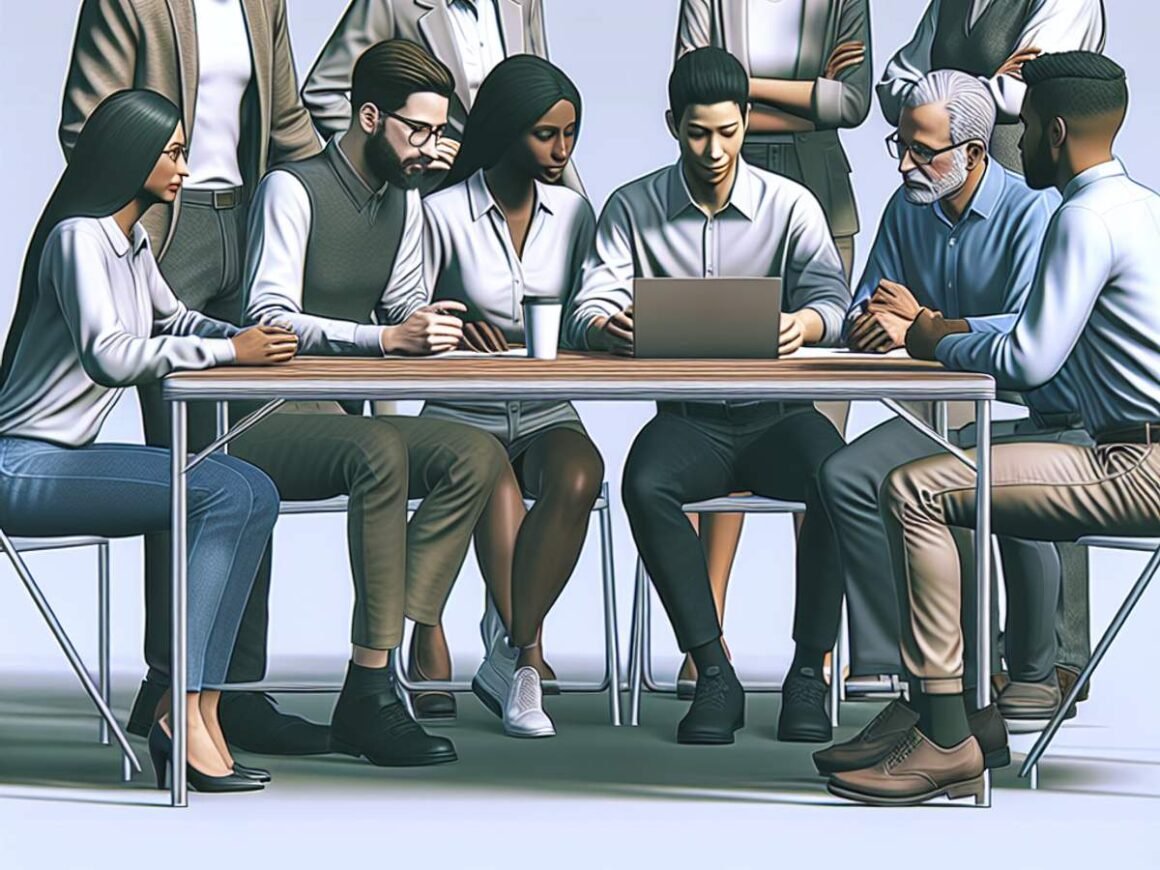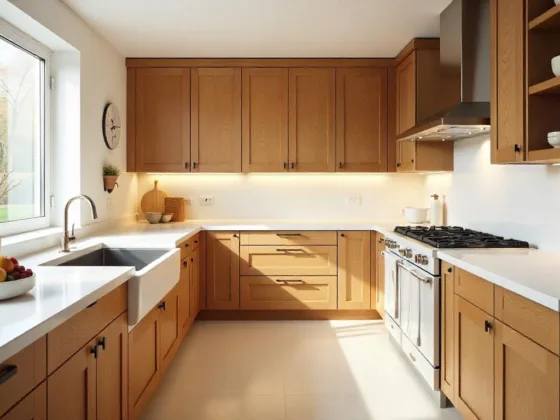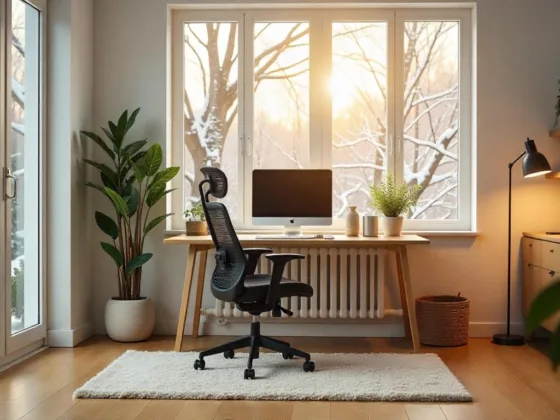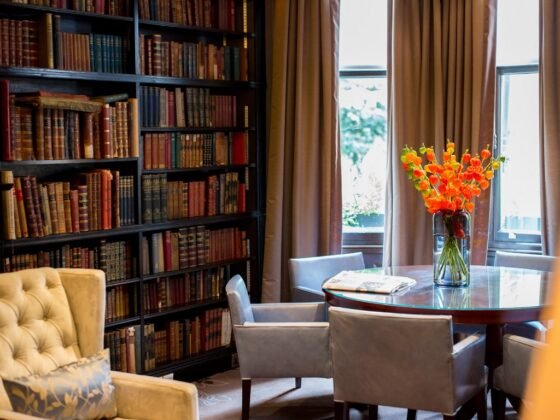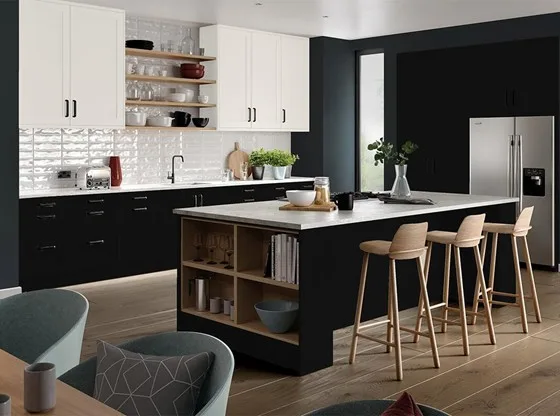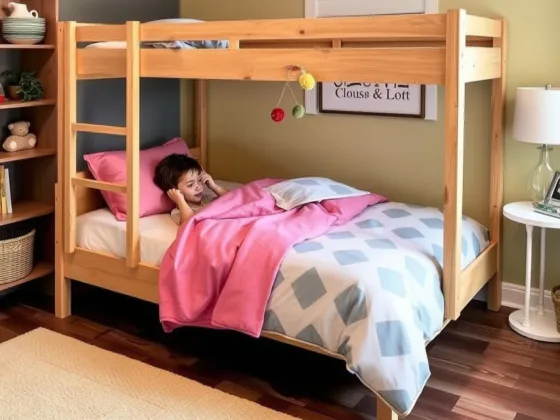Table of Contents Show
In the vibrant landscape of Philippine offices, where diversity thrives and collaboration is key, the dynamics of workspace design play a crucial role in nurturing teamwork and productivity. Among the many elements that contribute to this environment, folding tables emerge as unsung heroes, facilitating flexibility, adaptability, and a sense of togetherness among colleagues.
Folding Table
Folding tables are not merely pieces of furniture; they symbolize adaptability in the workplace. In the dynamic context of folding table Philippine offices, where projects evolve, teams merge and disband, and space is often a premium commodity, the ability to transform a room swiftly to accommodate various needs is invaluable.
Whether it’s a sudden brainstorming session, an impromptu team meeting, or a collaborative workshop, folding tables provide the versatility needed to configure spaces on the fly. This adaptability not only enhances efficiency but also fosters a culture of spontaneity and innovation among employees.
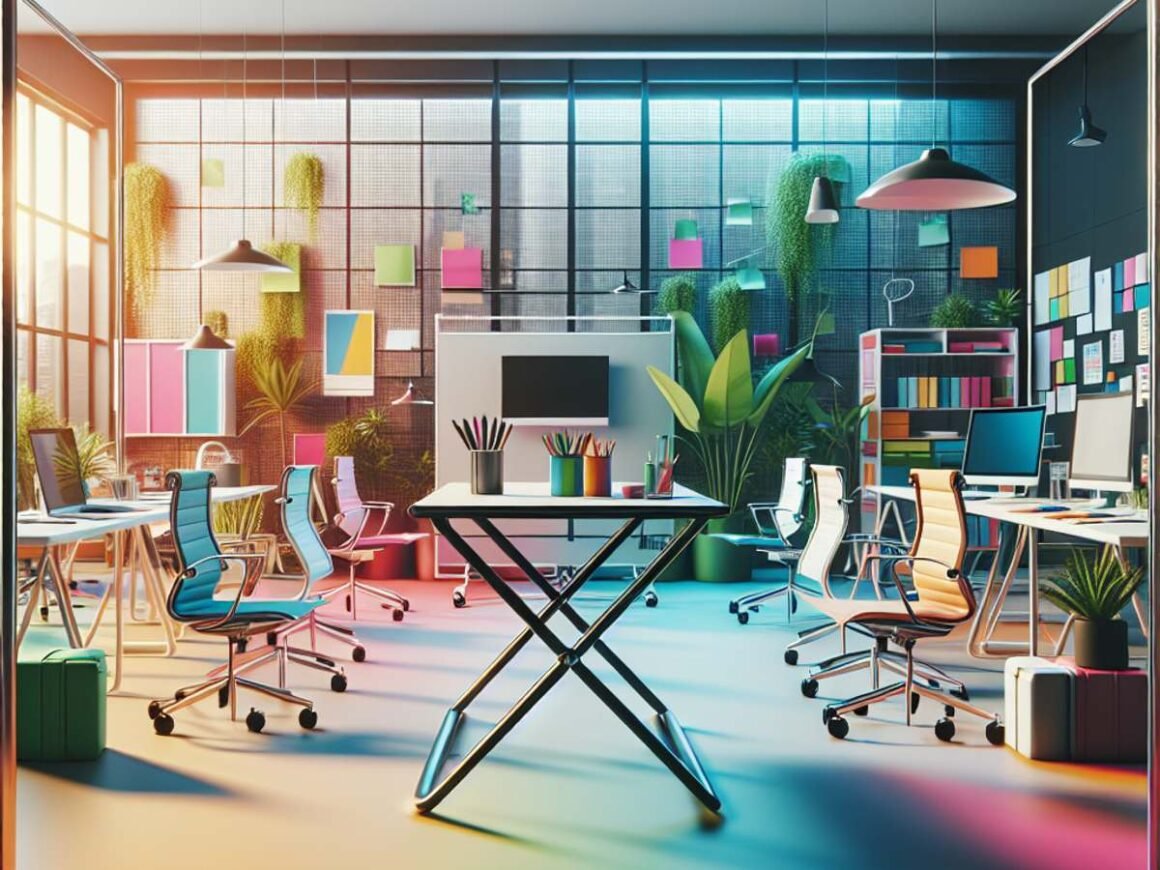
Breaking Down Barriers
The layout of an office significantly influences communication and interaction among colleagues. Traditional fixed desks can inadvertently create barriers, both physical and psychological, hindering the flow of ideas and collaboration. In contrast, folding tables break down these barriers, promoting openness and accessibility.
In Philippine offices, where hierarchical structures are often less rigid, and the emphasis is placed on camaraderie and teamwork, the egalitarian nature of folding tables resonates well. Whether it’s a senior manager or an entry-level employee, everyone can gather around a folding table on equal footing, fostering a culture of inclusivity and mutual respect.
Fostering Collaboration
Collaboration lies at the heart of productivity in Philippine offices. Whether it’s co-creating strategies, problem-solving, or simply bouncing ideas off each other, teamwork is essential for driving innovation and achieving common goals. Folding tables play a pivotal role in facilitating this collaborative spirit.
Their ability to be easily reconfigured into various setups promotes fluid collaboration. From small groups huddled around a single table to larger teams spread across several interconnected tables, the adaptability of folding tables encourages teamwork in all its forms. Moreover, their portability allows teams to gather in different areas of the office or even take their discussions outdoors, fostering creativity and a sense of freedom.
Center Table
The modern workplace is evolving center table rapidly, driven by technological advancements, changing demographics, and shifting employee expectations. Philippine offices are no exception to this trend, with agile work practices gaining traction. In this context, the flexibility offered by folding tables becomes indispensable.
Whether it’s hot-desking, remote work arrangements, or the need to accommodate fluctuating team sizes, folding tables enable offices to adapt quickly to changing circumstances. They can be easily rearranged to create individual workstations, collaborative hubs, or multipurpose areas, catering to the diverse needs of employees. This flexibility not only enhances efficiency but also empowers employees to work in ways that suit their preferences and workflows.
Maximizing Space Utilization
Space is often at a premium in Philippine offices, especially in urban centers where real estate costs are high. Making the most of available space is, therefore, a priority for many organizations. Folding tables offer a practical solution to this challenge by maximizing space utilization.
Their collapsible design allows them to be stored compactly when not in use, freeing up valuable floor space for other activities. This is particularly advantageous in multi-functional areas such as conference rooms, training rooms, or breakout areas, where flexibility and efficiency are paramount. By optimizing space utilization, folding tables helps Philippine offices make the most of their resources and create environments that are both functional and inviting.
Cultivating a Sense of Community
Beyond their practical utility, folding tables contribute to the social fabric of Philippine offices by fostering a sense of community. Whether it’s sharing meals, celebrating achievements, or simply catching up with colleagues, communal gatherings around folding tables create opportunities for bonding and camaraderie.
In a culture where interpersonal relationships are highly valued, these informal interactions play a crucial role in building trust and cohesion within teams. Folding tables serve as the focal point for these social interactions, bringing people together in a relaxed and convivial atmosphere. By nurturing a sense of belonging and solidarity, they contribute to a positive work culture where employees feel supported and appreciated.
In the ever-evolving landscape of Philippine offices, where collaboration, flexibility, and community are paramount, folding tables emerge as versatile allies. From facilitating spontaneous brainstorming sessions to promoting inclusivity and camaraderie, their impact extends far beyond their utilitarian function.
By embracing the ethos of adaptability and togetherness, folding tables foster an environment where teamwork thrives, innovation flourishes, and employees feel empowered to achieve their full potential. In the unfolding narrative of Philippine workplaces, these humble pieces of furniture play a significant role in shaping the future of work.
FAQs (Frequently Asked Questions)
Folding tables provide a versatile and flexible workspace that can easily be reconfigured to accommodate different group sizes and activities, thus encouraging collaboration and teamwork among employees.
Folding tables play a crucial role in creating a conducive environment for collaboration, as they can be easily moved and arranged to facilitate group discussions, brainstorming sessions, and team meetings.
Center tables are rapidly evolving in the modern workplace to adapt to the changing needs of employees, such as incorporating features like built-in power outlets, cable management systems, and adjustable heights to enhance functionality and productivity.
Folding tables are an efficient solution for maximizing space utilization in Philippine offices, as they can be folded and stored when not in use, freeing up valuable floor space for other activities or functions.
Beyond their practical utility, folding tables contribute to cultivating a sense of community by providing a shared space for employees to gather, interact, and collaborate, fostering a more cohesive and connected work environment.
